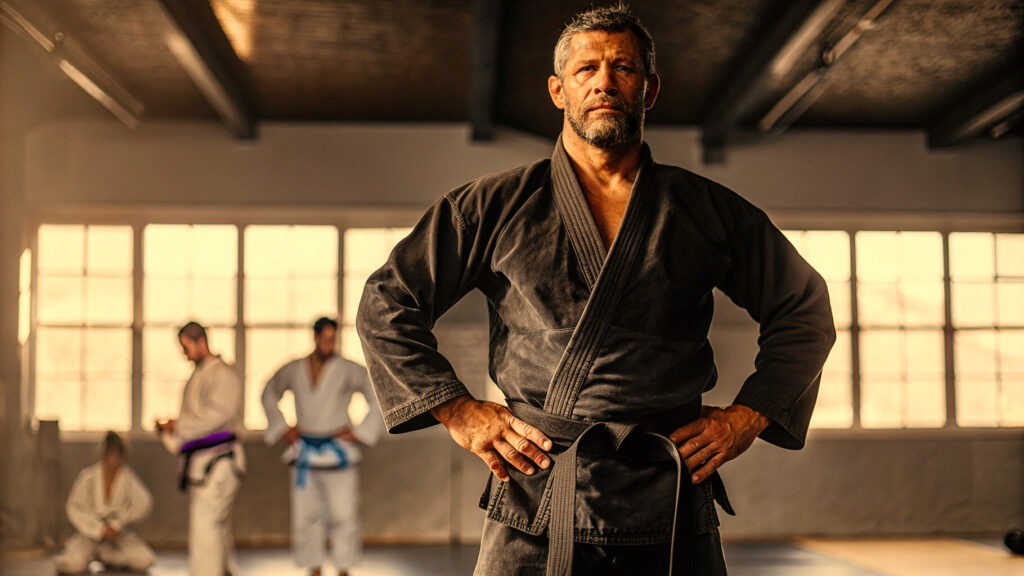Whether you’re chasing your first competition gold medal or simply aiming to roll pain-free for years to come, success on the mat doesn’t happen by accident—it’s the result of clear intention, smart planning, and consistent action.
As a Masters Jiu Jitsu athlete, your time, energy, and recovery capacity may not be what they were at 25—but your wisdom, discipline, and drive more than make up for it. These three simple steps can help you crush your goals, avoid burnout, and stay competitive year after year.

Step 1: Define Your Win—Be Specific About What You Want
Don’t just say “I want to get better at Jiu Jitsu.” What does better actually mean to you?
Do you want to:
- Win a local or IBJJF tournament?
- Move up a belt level in the next 12 months?
- Improve cardio so you can push the pace in every round?
- Drop 10 pounds and make a new weight class?
Be clear. Be specific. A well-defined outcome helps you stay focused and measure your progress. Instead of “train more,” say “train 4 days a week, including 1 positional sparring session and 1 open mat.” That’s a goal you can act on—and track.
Step 2: Know Your “Why”—Tap Into Deeper Motivation
On days when your body aches, work is stressful, or your ego takes a hit after a tough roll, your why will keep you showing up.
Ask yourself:
- Are you training to stay strong for your kids or grandkids?
- Do you want to prove to yourself you’ve still got it after 40?
- Is this your outlet—a way to handle stress and stay mentally sharp?
Your why is fuel. Write it down. Revisit it often. Let it drive you when the grind gets real.
Step 3: Follow a Smart Strategy—Train With Purpose
Training without a plan is like rolling without grips—ineffective and frustrating.
Find a training system that works for your age, lifestyle, and recovery ability. That might include:
- A structured weekly schedule with balance between intensity and rest
- Strength and mobility work tailored to injury prevention
- Nutrition and supplementation to optimize recovery and hormone health
Better yet—learn from others who’ve walked this path. Talk to coaches, competitors, and health pros who specialize in longevity and performance. Model their strategy and make it your own.
Final Thought: Adjust, Don’t Quit
Setbacks are part of the game. A tweak here or there, a lost match, or a rough training week doesn’t mean you’re off track. Adjust your approach, tweak the plan, and keep rolling.
Your consistency over time will compound—and success becomes inevitable.
Train smarter. Recover faster. Roll longer.